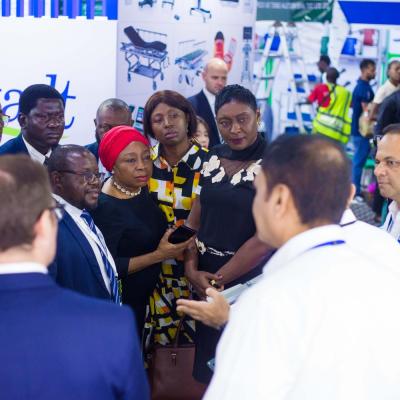Frontpage News (3259)
Medical expert says at least 20% of Nigerians will experience mental illness
Written by Super UserOlugbile attributed this partly due to high rate of poverty, lack of social welfare and high rate of endemic infectious diseases.
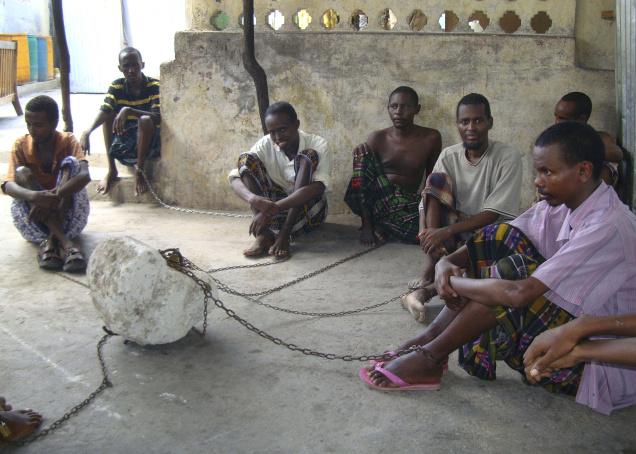 At least 20% of Nigerians are prone to mental illness, this is according to Consultant Psychiatrist, Dr Femi Olugbile. In an interview with the News Agency of Nigeria, the former Chief Medical Director, Lagos State University Teaching Hospital said "at least 20% of the population will at some time in their lives experience at least one episode of mental disorder”
At least 20% of Nigerians are prone to mental illness, this is according to Consultant Psychiatrist, Dr Femi Olugbile. In an interview with the News Agency of Nigeria, the former Chief Medical Director, Lagos State University Teaching Hospital said "at least 20% of the population will at some time in their lives experience at least one episode of mental disorder”
Olugbile attributed this partly due to high rate of poverty, lack of social welfare and high rate of endemic infectious diseases. Adding that at any point in time, 2 to 5% of the 20% population would manifest the symptoms of mental disorder at early stage.
 Access to basic health-care services in Nigeria remains an uphill task owing to staggering inadequacies in the nation’s health care system. Issues of lack of access to quality healthcare, prevalence of quack hospitals and doctors, fake or substandard drugs, poor funding and inadequate health resources, inefficient utilisation of scarce health resources, poorly performing health systems, among others persist. As a result, Nigerians continue to die of treatable illnesses.
Access to basic health-care services in Nigeria remains an uphill task owing to staggering inadequacies in the nation’s health care system. Issues of lack of access to quality healthcare, prevalence of quack hospitals and doctors, fake or substandard drugs, poor funding and inadequate health resources, inefficient utilisation of scarce health resources, poorly performing health systems, among others persist. As a result, Nigerians continue to die of treatable illnesses.Nigeria to benefit from Rotary International new financial support to eradicate Polio
 The continued fight to stamp out polio will receive an additional $40.3 million boost from Rotary to support immunization activities and research carried out by the Global Polio Eradication Initiative.
The continued fight to stamp out polio will receive an additional $40.3 million boost from Rotary to support immunization activities and research carried out by the Global Polio Eradication Initiative.
Rotary grants these funds to the World Health Organization (WHO) and UNICEF for polio immunization, surveillance and research activities in 10 countries.
The funding commitment comes at a critical time as Nigeria – the last polio-endemic country in Africa – approaches one-year since its last case of polio, which occurred in Kano State on 24 July, 2014.
If the current progress continues, WHO may remove Nigeria from the list of polio-endemic countries as early as September. In addition to the notable progress in Nigeria, no new cases of polio have been reported anywhere in Africa since August 2014.
50 million Nigerians were at risk of being infected with River Blindness - Expert
Written by Super User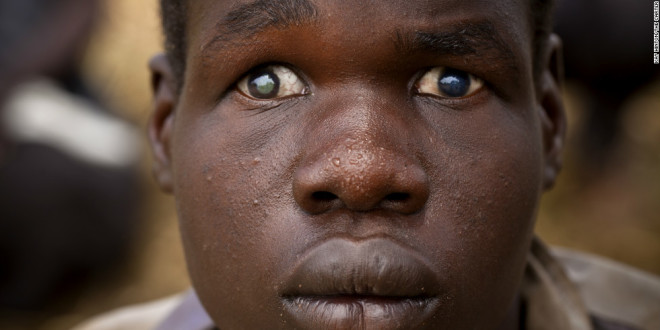 The Acting Director of Neglected Tropical Diseases Division (NTDs), Federal Ministry of Health, Dr Ifeoma Anagbogu has told News Agency of Nigeria that over 50 million Nigerians were at risk of being infected with Onchocerciasis commonly called blinding disease. Out of this number, only about 30 million are accessing treatment she said.
The Acting Director of Neglected Tropical Diseases Division (NTDs), Federal Ministry of Health, Dr Ifeoma Anagbogu has told News Agency of Nigeria that over 50 million Nigerians were at risk of being infected with Onchocerciasis commonly called blinding disease. Out of this number, only about 30 million are accessing treatment she said.
The director also revealed that about 20 million people who are supposed to be on treatment are not currently accessing it and in an effort to control the disease, Nigeria has been applying the mass administration of a medicine from a donor agency for the management of the disease Leadership.ng website reported.
 Health benefits of corn include controlling diabetes, prevention of heart ailments, lowering hypertension and prevention of neural-tube defects at birth. Corn or maize is one of the most popular cereals in the world and forms the staple food in many countries, including the United States and many African countries.
Health benefits of corn include controlling diabetes, prevention of heart ailments, lowering hypertension and prevention of neural-tube defects at birth. Corn or maize is one of the most popular cereals in the world and forms the staple food in many countries, including the United States and many African countries.
The kernels of corn are what hold the majority of corns nutrients, and are the most commonly consumed parts of the vegetable.
The kernels can come in multiple colors, depending on where the corn is grown and what species or variety they happen to be. Another genetic variant, called sweetcorn, has more sugar and less starch in the nutritive material.
Live Well Initiative prepares for it's 5th Annual Grand Health Bazaar, 2015
Written by Super User LiveWell Initiative LWI, a public health NGO, is a registered health-promotion focused organisation, which empowers the people through health literacy announces it's 5th Annual Cross-cutting Multi-sectoral International Healthcare Event, the Grand Health Bazaar GHB2015, a corporate carnival for trade, commerce and mutual synergy and networking with healthcare as a value addition. Visit Live Well Initiative Website to book your stand and register to be a part.
LiveWell Initiative LWI, a public health NGO, is a registered health-promotion focused organisation, which empowers the people through health literacy announces it's 5th Annual Cross-cutting Multi-sectoral International Healthcare Event, the Grand Health Bazaar GHB2015, a corporate carnival for trade, commerce and mutual synergy and networking with healthcare as a value addition. Visit Live Well Initiative Website to book your stand and register to be a part.
The main theme for GHB2015 is ‘Social Investment as a Corporate Sustainability Tool in Emerging Economies’
IMPLEMENTATION WORKSHOP ON STATE-SUPPORTED HEALTH INSURANCE SCHEME IN NIGERIA
Written by Super User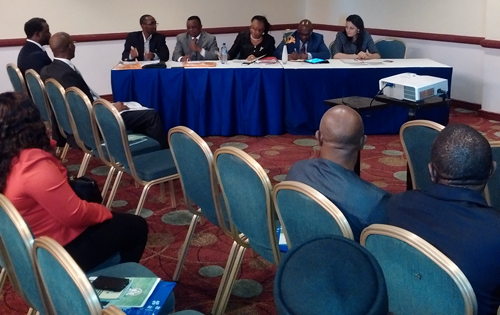 The National Health Insurance Scheme (NHIS) was formally launched in 2005 as a vehicle for increased access to affordable and quality health care.
The National Health Insurance Scheme (NHIS) was formally launched in 2005 as a vehicle for increased access to affordable and quality health care.
Though armed with the mandate to achieve universal health coverage, it covers only 4.5 million people (approx.) or less than 4% of the population.
Of this figure, majority of the enrolled citizens are federal government employees through the formal sector social health insurance scheme.
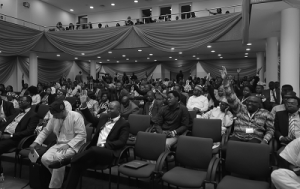
On the 18th of June 2015, at the Shehu Yar’adua Centre in Abuja, about four hundred Nigerians passionate about their health sector gathered for “Future of Health”.
It was a conference organised by NigeriaHealth Watchto help chart the agenda for health under the new administration. Our speakers were all provocative and thoughtful, drawing from their deep knowledge of various aspects of the Nigerian health system.
Nigeria’s med lab scientists pledge support for President Buhari, dares resident doctors
Written by Super User Medical laboratory scientists in Nigeria under the umbrella body of the Association of Medical Laboratory Scientists of Nigeria (AMLSN) have pledged their support for the incumbent administration led by President Muhammadu Buhari.
Medical laboratory scientists in Nigeria under the umbrella body of the Association of Medical Laboratory Scientists of Nigeria (AMLSN) have pledged their support for the incumbent administration led by President Muhammadu Buhari.
Reacting to allegations made by the National Association of Resident Doctors (NARD) that some health workers are being incited against President Buhari, Adeyeye Adetunji Tam, National Public Relations Officer, AMLSN, told HealthNewsNGthat members of AMLSN are not part of any plans to sabotage the Nigerian government. Instead, he said AMLSN is busy repositioning its members for the much needed change the President Buhari administration is poised to bring to the health sector and Nigeria as a whole.
Another Ebola case reported in Liberia, Nigeria raises alert level
Written by Super User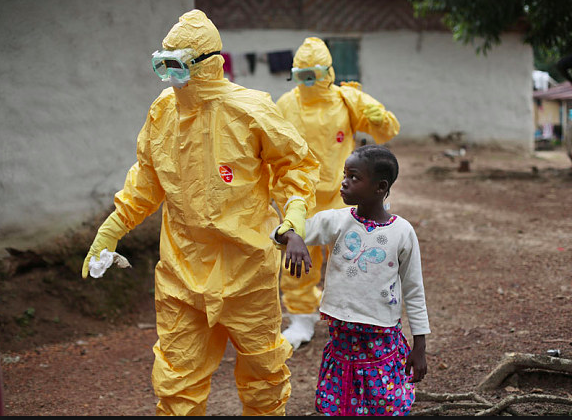 Following the reemergence of Ebola virus disease, a second patient has been diagnoses with the disease, forcing other West African countries to raise the alert level. In a statement, Nigeria’s Ministry of Health, through the director of media Ayo Adesugba, urged Nigerians not to panic but to maintain vigilance He said: “A new case of the Ebola Virus Disease (EVD) has been reported in Liberia. This means that the country which was certified EVD free by the World Health Organisation (WHO) on May 9, 2015 has witnessed resurgence of the diseas. “Members of the public are advised to observe basic hygiene and report any suspected case to the nearest health facility.”
Following the reemergence of Ebola virus disease, a second patient has been diagnoses with the disease, forcing other West African countries to raise the alert level. In a statement, Nigeria’s Ministry of Health, through the director of media Ayo Adesugba, urged Nigerians not to panic but to maintain vigilance He said: “A new case of the Ebola Virus Disease (EVD) has been reported in Liberia. This means that the country which was certified EVD free by the World Health Organisation (WHO) on May 9, 2015 has witnessed resurgence of the diseas. “Members of the public are advised to observe basic hygiene and report any suspected case to the nearest health facility.”
More...
Oyo state unveils N100-monthly premium health insurance scheme
Written by Super User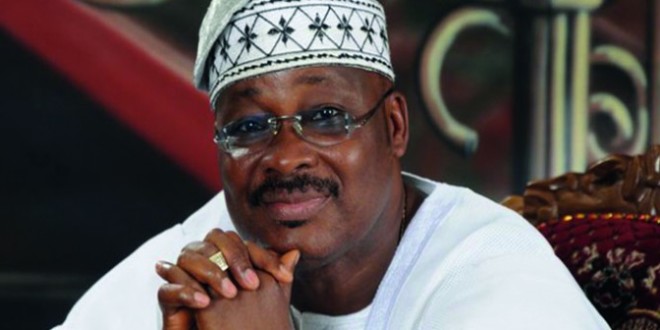 The government of Oyo state has unveiled its health insurance scheme which aims to provide health coverage for citizens of the state, thus making qualitative healthcare accessible to everyone.A statement made available to HealthNewsNG by the state government revealed that under the scheme, citizens will only pay N100 monthly premium. “Residents will have access to various options of medical care including drug provision,” the statement read.
The government of Oyo state has unveiled its health insurance scheme which aims to provide health coverage for citizens of the state, thus making qualitative healthcare accessible to everyone.A statement made available to HealthNewsNG by the state government revealed that under the scheme, citizens will only pay N100 monthly premium. “Residents will have access to various options of medical care including drug provision,” the statement read.
More Nigerian doctors are applying for US residency program
Written by Super User Over the years, it has been revealed that more Nigerian doctors are interested in the US residency program. Media events company, Pocket Presents, in a statement said the program has become highly competitive with more international applicants competing for space. It said: “The quest to “become a doctor” in the US has been driven by several things such as the quality of the residency program, access to better funding for research, access to better medical facilities, and the importance the US government and private organizations have placed on ensuring the US is at the forefront of medical research and development in the world.”
Over the years, it has been revealed that more Nigerian doctors are interested in the US residency program. Media events company, Pocket Presents, in a statement said the program has become highly competitive with more international applicants competing for space. It said: “The quest to “become a doctor” in the US has been driven by several things such as the quality of the residency program, access to better funding for research, access to better medical facilities, and the importance the US government and private organizations have placed on ensuring the US is at the forefront of medical research and development in the world.”
The growth in the number of applicants is being fueled not just by larger graduating classes at traditional medical schools but also a rising number of osteopathic medical school graduates as well as U.S. and foreign citizens that graduate from medical schools in the Caribbean and other countries.
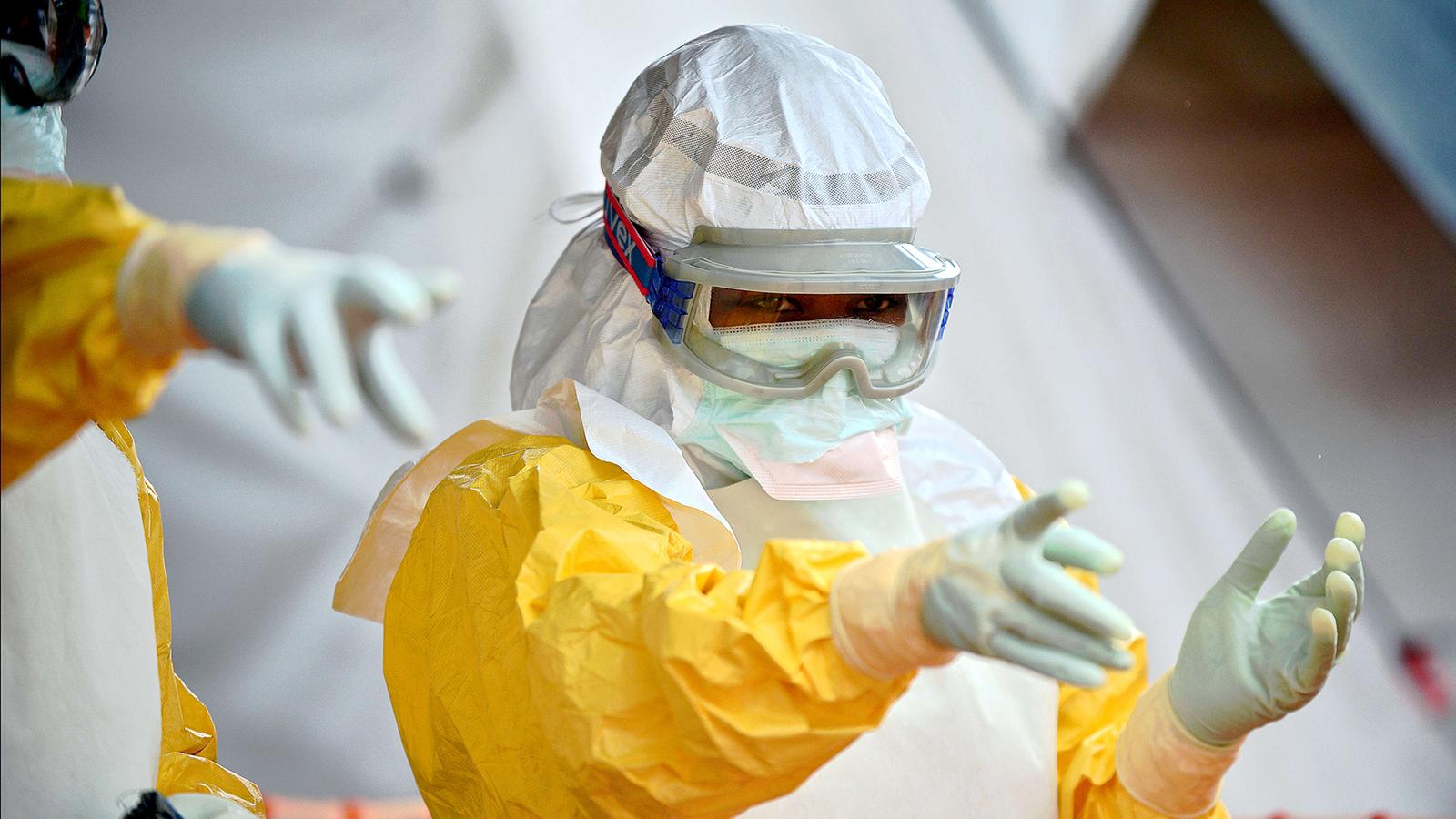 One month and twenty days after it was declared Ebola free by the World Health Organization (WHO), Liberia reported another case of Ebola virus disease…
One month and twenty days after it was declared Ebola free by the World Health Organization (WHO), Liberia reported another case of Ebola virus disease…
Mr. Tolbert Nyenswah, Deputy Minister – designate for Disease, Surveillance and Epidemic Control confirmed to FrontPageAfrica Monday evening that the case was discovered after the death of the victim. Nyenswah who heads Liberia Incidence Management Team during the Ebola outbreak confirmed that the reported case of the deadly Ebola virus was only detected from specimen taken from the corpse of a dead body. Nyenswah confirmed that specimen from a 17-year old corpse from the village of Nedowian in Margibi County taken before burial tested positive twice and the county surveillance team has increased work in the affected area.
100,000 people now have access to quality care in Kwara, Nigeria
Written by Super User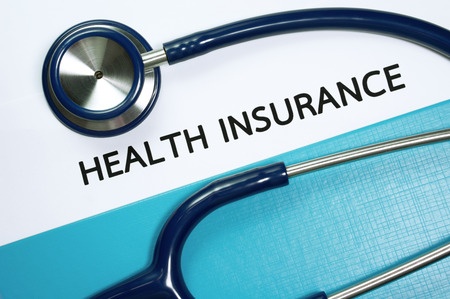 New milestone for the Kwara State Health Insurance Program
New milestone for the Kwara State Health Insurance Program
ILORIN, NIGERIA – 27 May 2015 In Kwara State, Nigeria, a state-supported health insurance program is improving access to quality healthcare for low-income people in one of Nigeria’s poorest states. The Kwara State Health Insurance Program recently welcomed its 100,000th enrollee: an important milestone for the program but also an indication that this public-private model of healthcare delivery could be a game changer on the road to universal health coverage. After all, what is working for 100,000 people in Kwara could potentially work for millions.
When the Kwara State Government, Hygeia Community Health Care, the Health Insurance Fund and PharmAccess joined forces in a public-private partnership and set up the Kwara State Health Insurance Program in 2007, the people of Kwara had little to no access to quality healthcare.


